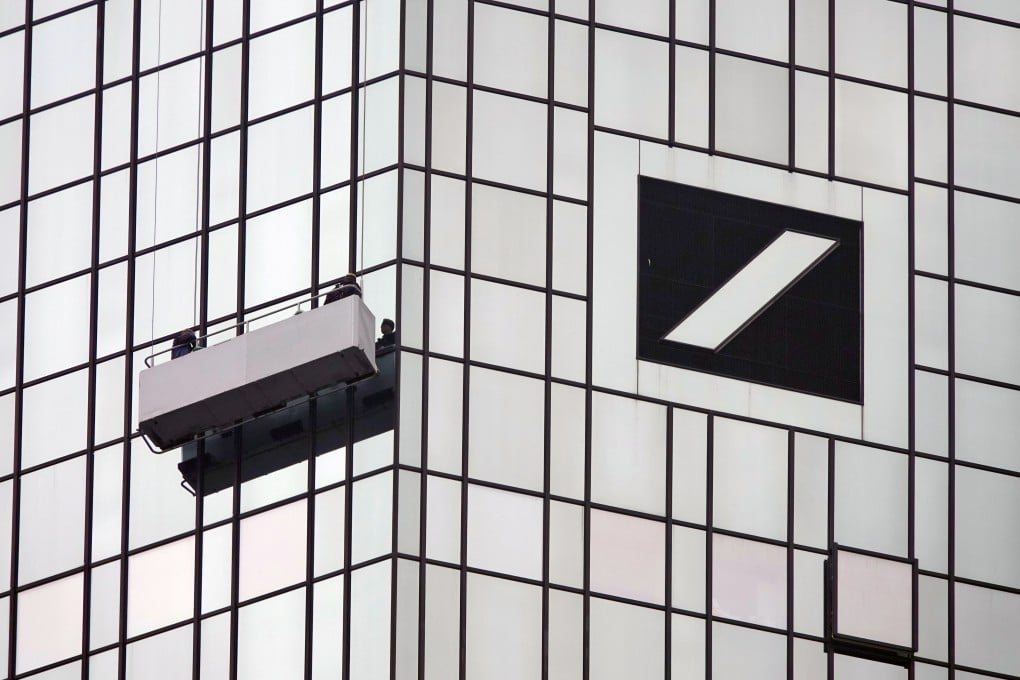Mergers and acquisitions in Asia to continue as companies, deal makers seek to make up for a year of Covid-19 disruptions
- Financial markets remain strong and companies have capital to deploy, according to Deutsche Bank’s head of investment banking coverage for Asia-Pacific
- First-half M&A activity off to its fastest start since 2015, according to Refinitiv

Companies and private equity companies have raised a lot of cash in the past year and refinanced debt as interest rates remain at historic lows and central banks pumped vast amounts of liquidity into financial markets to restart economies worldwide.
There is not likely to be much of a slowdown, particularly in North Asia, as financial markets seem fairly strong, capital is there to deploy and China’s economy is doing fairly well, according to Mayooran Elalingam, Deutsche Bank’s head of investment banking coverage and advisory for Asia-Pacific. Interest rates also are not likely to rise in the near term.
“We’ll see some bumps along the way,” Elalingam said. “[Private equity] deployed aggressively last year when things were turbulent. If they continue to do that, they’ll keep the market moving even if corporates sit out until they have some volatility or the stock price falls off.”

03:34
SPACs: Everything you need to know about the finance world’s new big thing
M&A activity is off to its fastest start since 2015, with companies engaging in more than 7,300 transactions worth US$570.8 billion in Asia-Pacific, excluding Japan, through June 15, according to data from Refinitiv. That compared with more than 6,800 deals worth US$350.8 billion in the first half of 2020.